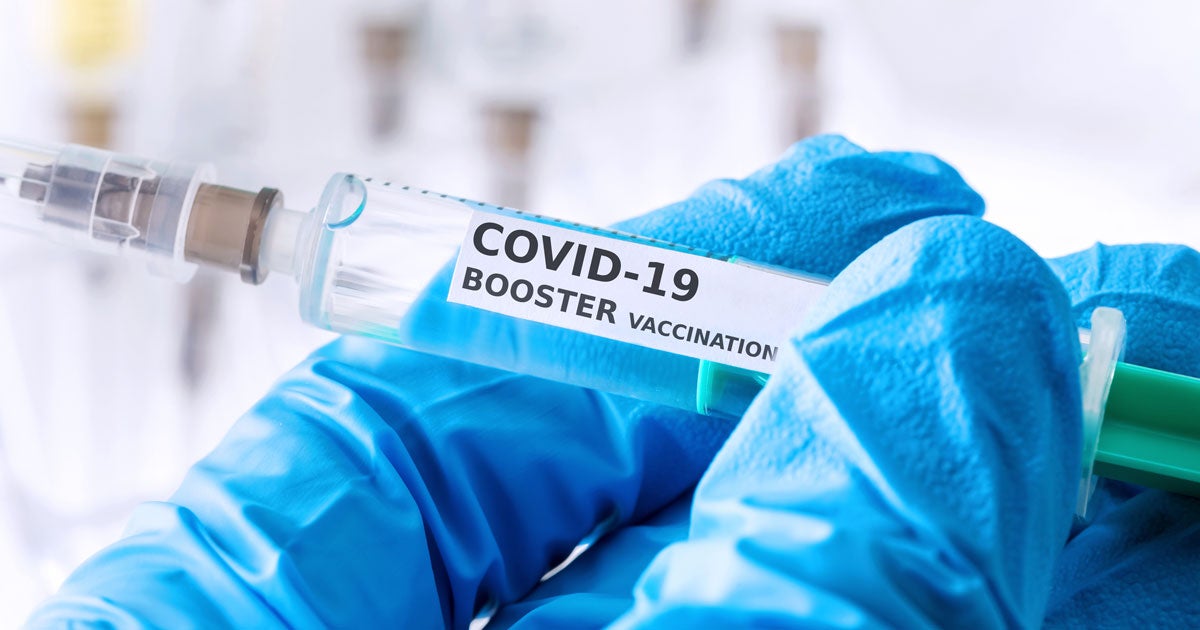To Booster or not to Booster
After 5 consecutive pandemic waves and tens of millions of people receiving the Covid-19 vaccine, it’s now time to reevaluate our medical procedures and see if boosting people to maximize their immunity is the right choice. Why should we do this? Because it’s pretty clear by now that a significant chunk of the population simply doesn’t want to get vaccinated, regardless of why they made this decision. Targeting them would be virtually impossible, so why even bother in the first place?
The Biden dilemma
The Biden administration has recently released the National COVID-19 Preparedness Plan which lays out the roadmap to help the US government fight COVID-19 in the future as the country begins to learn how to live with the virus. The President’s National plan, however, is putting a heavy emphasis on vaccination both abroad and domestic, with the aim of manufacturing an additional 1 billion vaccine doses per year – three times the U.S. population – and accelerating research and development of a single COVID vaccine that protects against all variants. Quite ambitious for a country that has managed to fully vaccinate only 66% of their total population, with boosters being delivered to only 30.2% of all Americans.
Biden’s plan might sound good on paper, but not even his own public health experts at the Centers for Disease Control and Prevention (CDC), nor regulators at the FDA, can fully agree what type of immunity is needed to control the spread of the virus. Moreover, the experts are now inclined to believe that the current booster strategy isn’t sustainable, mainly due to the complex guidelines in regard to the different types of vaccines available.
It’s pretty clear by now that immunity provided by the vaccines, including the boosters, wanes in time. Antibodies are usually produced right after the vaccination, after which they slowly fade away in a few months, leaving the vaccinated susceptible to catch COVID-19 again. This fact, now corroborated by ample studies done by both the CDC and FDA, pretty much shows why the booster strategy is not sustainable and why the U.S. should try to find another approach to this dilemma. Especially when by now we can pretty much see that a significant part of the already vaccinated U.S. population simply doesn’t want to receive the booster shot.
“What keeps me up at night is the knowledge that we can’t keep boosting. We’re going to have vaccine exhaustion, and I’m not talking about immune exhaustion but physical exhaustion from people who won’t get boosted” said Dr. Peter Mars, director of the Center for Biologics Evaluation and Research at the FDA.
What can be done?
The main goal of the US administration is to stay ahead of any future COVID-19 variants and react as soon as possible in order to limit any potential new lockdown. But it’s simpler said that done. If the Biden administration cannot convince a majority of the population to get boosted, this “containment” strategy will more than likely fail. And coming fall, we might see a new emergence of the coronavirus all across the Western hemisphere, leading to unforeseen consequences.
Maybe we should start looking for alternatives. I know, many have talked about “miracle pills” and wonder treatments, but the main emphasis has still been put on vaccination up until now. Our governments have simply given up on finding other solutions altogether. But when all your data shows that a big chunk of those vaccinated don’t want to get their boosters, it’s probably good to open your eyes a bit more and find new ways to either incentivize vaccination or come up with a new strategy that could potentially target more people. We can’t afford to be stuck between a rock and a hard place, not now when a global recession is looming on the horizon.
Don’t get me wrong – vaccination has indeed saved millions of lives, that’s an undeniable fact. But now, after surviving the worst this pandemic had to offer, we might have to think of doing something differently if we want to protect our communities. Albert Einstein once said that the definition of insanity “is doing the same thing over and over again and expecting a different result”. Well, we tried to administer the booster to everybody, yet we failed. Tremendously. Can we afford to stay “insane” until next autumn?










Trackbacks and Pingbacks